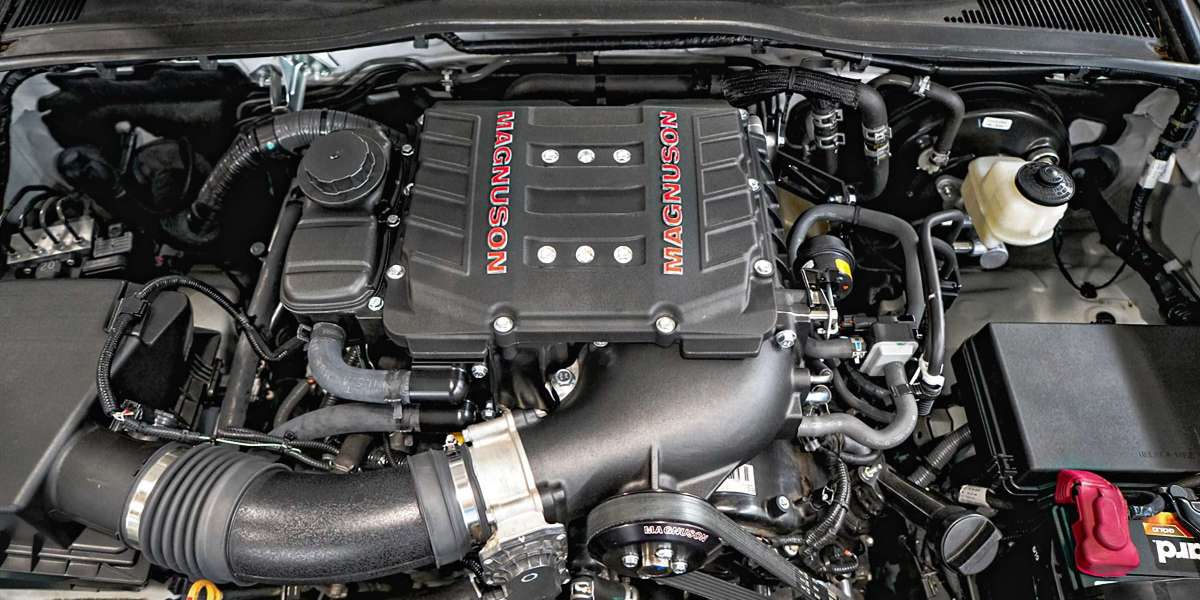Have you ever found yourself stranded by the roadside, hood popped open, staring at a smoking engine? It's not just an inconvenience; it can be a real setback, both in terms of time and money. That's why understanding the heart of your vehicle - the engine - is crucial. In this guide, we're diving deep into the nitty-gritty of keeping your engine in top shape. No fluff, no jargon, just straightforward, useful advice. Stick with us, and let's keep that engine humming!
Understanding Your Engine: The Basics
Your engine is more than just a metal box; it's a symphony of parts working in harmony. At its core, it's a powerhouse transforming fuel into motion. But what makes it tick? The engine block, the heart of the system, houses cylinders where fuel combustion happens. Pistons within these cylinders move up and down, creating the force that ultimately powers your car. Then there's the crankshaft, which converts this up-and-down motion into a rotational movement that drives your wheels.
Valves control the flow of fuel and air into and out of the cylinders, and spark plugs ignite this mixture to start the combustion process. It sounds complex, but here’s the takeaway: each part relies on the others. A hiccup in one can throw off the entire operation. So, knowing these basics isn’t just geeky trivia; it's the first step in preventing engine failure.
Routine Checks: The Key to Longevity
Think of routine checks as your engine's personal doctor's appointments. Just as regular health check-ups can catch issues before they become serious, the same goes for your engine. Here's what to keep an eye on:
- Oil Levels: Your engine's oil is its lifeblood. Too little, and you risk the engine overheating and parts grinding against each other. Check your oil level regularly and top it up if needed.
- Coolant Levels: Overheating is a major engine killer. Your coolant keeps temperatures in check. Make sure it's always at the recommended level.
- Belt Inspection: Belts drive crucial engine components. A snapped belt can lead to immediate engine failure. Inspect them for wear and tear and replace if necessary.
These checks might seem basic, but they're your first line of defense. A few minutes spent under the hood every month can save you a heap of trouble down the road.
The Role of Quality Fuels and Oils
You wouldn't fuel your body with just anything, right? The same goes for your engine. The type of fuel and oil you use can significantly affect its performance and lifespan. High-quality fuels help keep the engine clean and running smoothly, while the right oil lubricates and protects the engine's moving parts.
But it's not just about picking the premium option at the pump. Different engines have different needs. For instance, a high-performance sports car might require a higher octane fuel than your average sedan. And when it comes to oil, there's a whole world of viscosities and types - synthetic, semi-synthetic, conventional. Your owner's manual is your best friend here; it'll tell you exactly what your engine needs. Remember, using the right fuel and oil is an investment in your engine's health and efficiency.
Recognizing Early Warning Signs
Knowing when something's off with your engine can be a game-changer. Early detection of problems often means simpler, cheaper fixes. Keep your ears and eyes open for:
- Strange Noises: A knocking sound from the engine could indicate serious issues, like a problem with the bearings.
- Smoke: Blue smoke points to burning oil, while black smoke suggests the engine is burning too much fuel.
- Loss of Power: If your car feels less responsive, it could be a sign of various engine troubles.
One specific issue to be aware of is with certain models, like the Toyota Tacoma with a 3.5 V6 problems. These engines have their quirks, and understanding their specific problems can save you a lot of hassle. If you own one, it's worth digging a bit deeper into the 3.5 V6 problems.
Conclusion
Preventing engine failure isn't just about saving money or avoiding breakdowns; it's about ensuring the safety and reliability of your vehicle. Regular maintenance, using the right fuels and oils, and being vigilant about early warning signs are key. Treat your engine well, and it'll repay you with years of smooth, trouble-free performance. Remember, a little care goes a long way – your engine is the heart of your car, and it deserves your attention. Drive safe!



